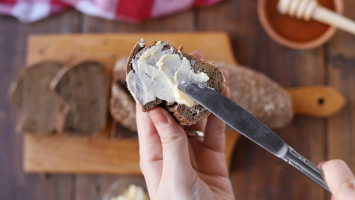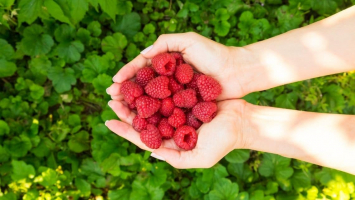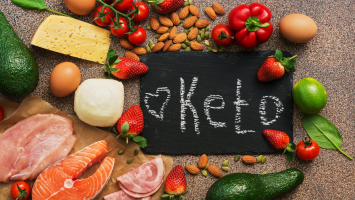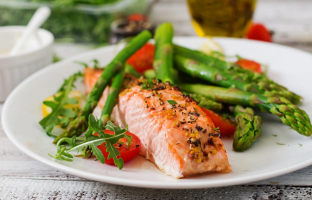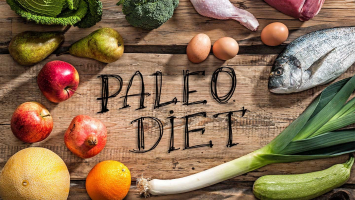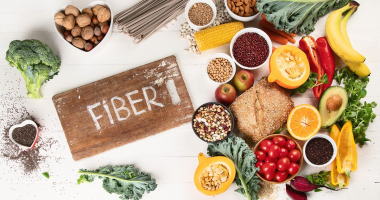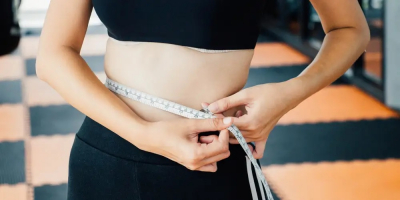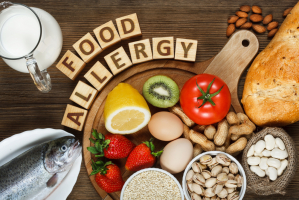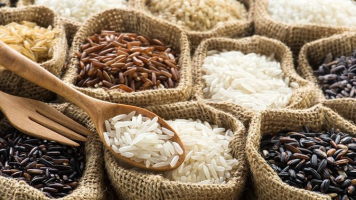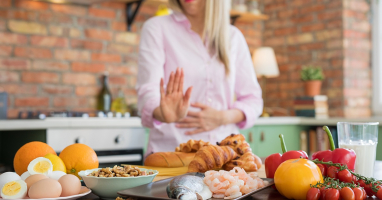Top 10 Most Common Mistakes on the Keto Diet
The ketogenic diet (or keto diet for short) is a low-carb, high-fat diet that brings many health benefits. Many studies show that this diet can help you lose ... read more...weight and improve your health. However, starting this diet without thorough investigation will lead to negative consequences. Let's find out the Top 10 Most Common Mistakes on the Keto Diet below to get more information!
-
One of the main reasons why you can't lose weight on the keto diet is because you consume too many carbs. To reach ketosis, a metabolic state in which the body burns fat for energy instead of glucose, carb intake must drop drastically. In fact, only about 5% of the total calories in a meal should come from carbs. This is in stark contrast to the standard dietary recommendation that for the average person 45-60% of calories should come from carbs. However, to achieve and maintain ketosis, the carbs must be reduced to the recommended range.
Most processed goods include hidden sugar and refined carbohydrates, as you can see from the ingredients list. On a ketogenic diet, this is disastrous, so if you're not checking every nutrition information label, you're definitely consuming more carbs than you think. To make sure you're not consuming too many carbohydrates by accident, learn all the names sugar goes by (maltodextrin, rice syrup, and fruit concentrates are a few examples).
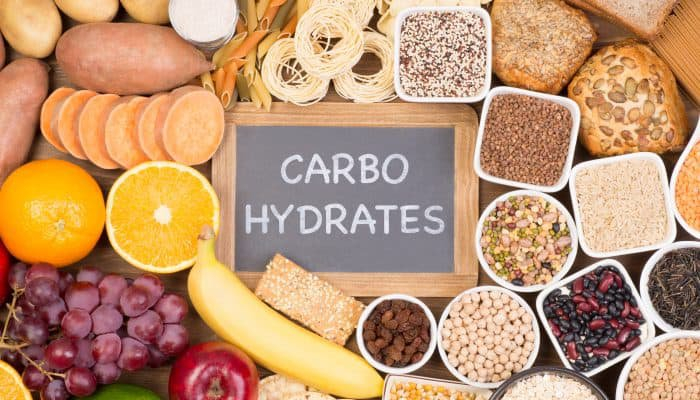
Eating too many carbs 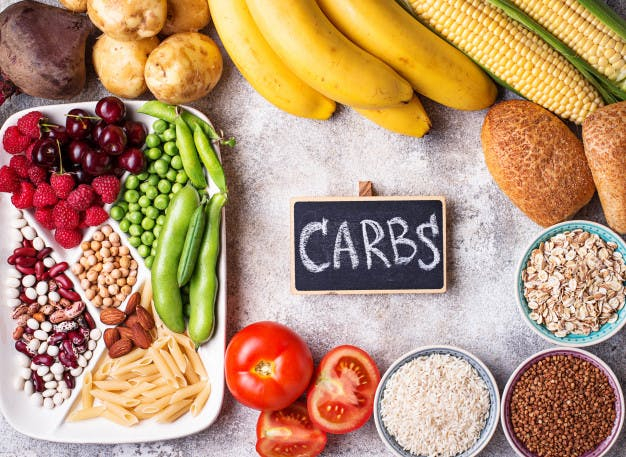
Eating too many carbs -
One of the most common keto mistakes for beginners is eating too much protein. The excess protein undergoes gluconeogenesis to be converted into glucose, the same level of danger as when you eat a lot of starch. When you eat too much protein, your body needs to burn off all the glucose made up of protein before it starts burning fat. This can slow down your transition to ketosis and destroy all your efforts at keto.
So, during the keto diet, you also need to pay attention to consuming an acceptable amount of protein. The US Dietary Guidelines for Americans recommend 0.8 grams of protein per kilogram of body weight for a sedentary adult (that's 0.36 grams of protein per pound of body weight or 65 grams per day for the typical 180-pound American).
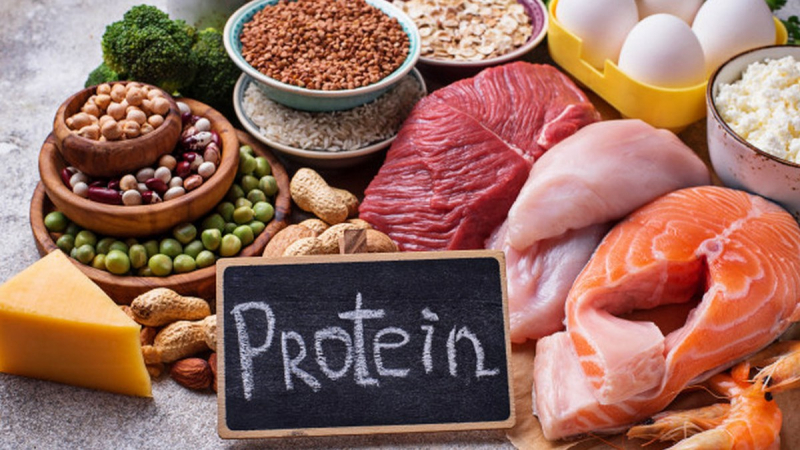
Eating too much protein 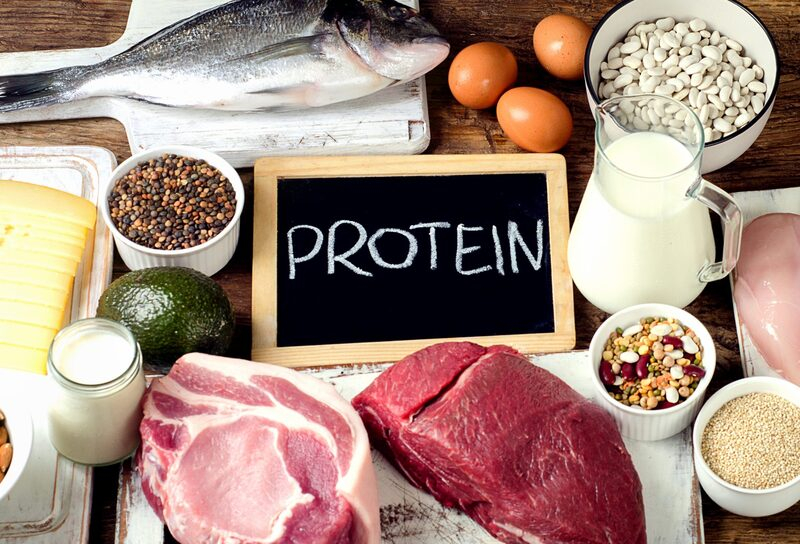
Eating too much protein -
With the Keto diet, you need to eat more fat, but still within the allowable limit depending on your body weight. Initially, the mistake many people make on the keto diet is adding too much fat too quickly. However, there is a sudden decrease in carbohydrate intake. This makes it easy for the body do not adapt to the rapid change in nutrition and causes many consequences. For example: prone to abdominal pain, nausea and diarrhea… This is because your body has not yet produced enough enzymes needed to metabolize all the fat you have eaten.
Therefore, you need to closely monitor the ratio of nutrients to supplement each day right from the start of keto, including the 3 most important indicators are carbs, protein and fat. This will help ensure you're getting enough but not too much, and minimize the potential keto side effects.
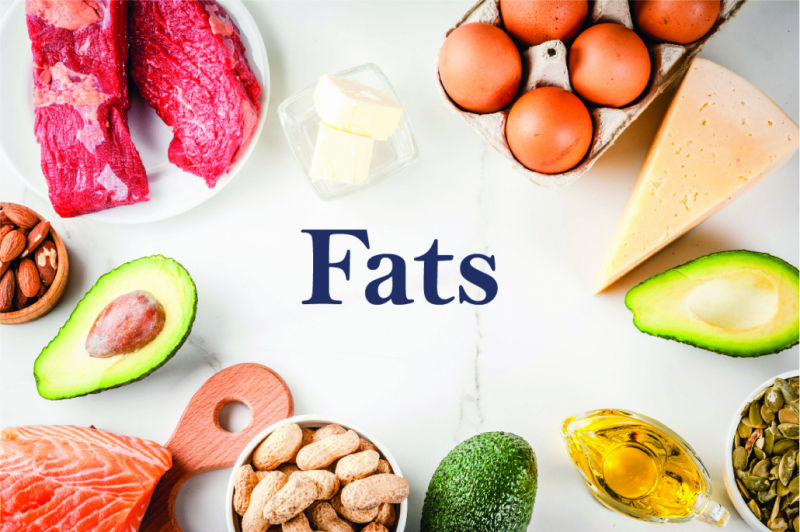
Eating too much fat 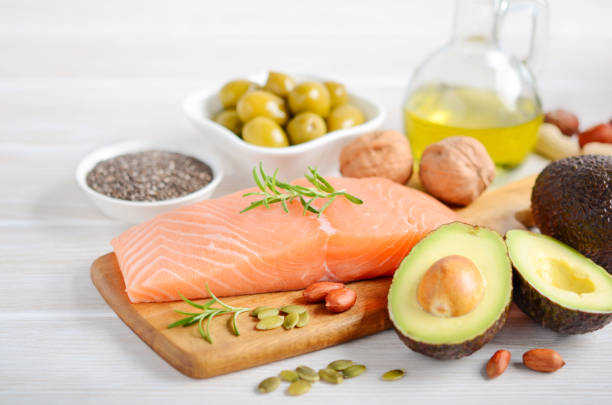
Eating too much fat -
Maintaining a keto diet is a lot easier if you have a specific weekly eating plan. This is especially important during the start of keto to set yourself up for success.
To develop an eating plan, you should understand the principles of the keto menu and what foods are recommended. However, there is no standard keto diet with a specific ratio of nutrients (carbs, proteins, fats). But one principle to remember is that the Keto diet is very low in carbohydrates, so it is very rich in protein and fat. Some foods that are highly recommended as meat, eggs, sausages, cheese, fish, nuts, butter, oils, seeds and vegetables… Popular Keto diets show an average of 70-80% fat from total daily calories, 5-10% carbohydrates and 10-20% protein.
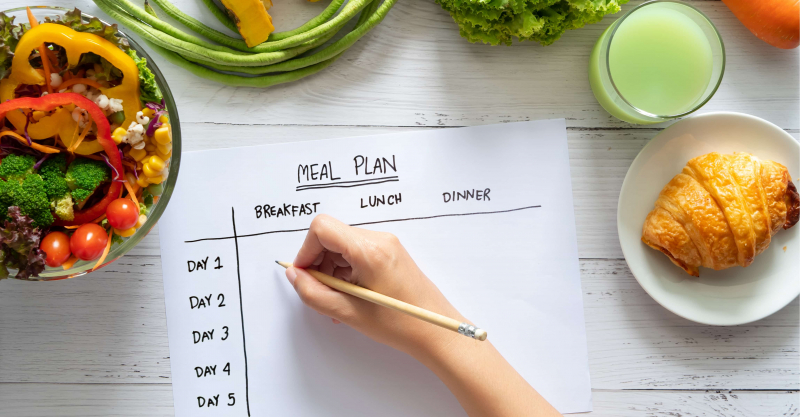
Not meal planning 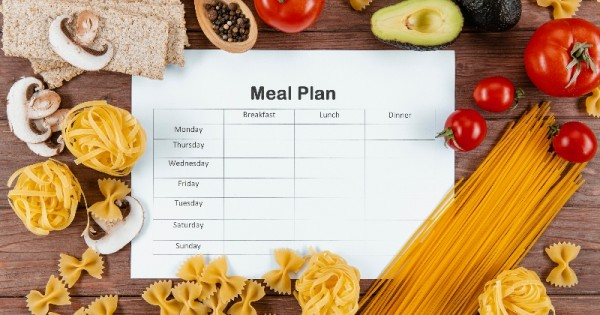
Not meal planning -
Although vegetables contain carbohydrates, this does not imply you should avoid them. On any ketogenic diet, non-starchy vegetables such as broccoli, spinach, kale, cauliflower, asparagus, and other green leafy vegetables should be encouraged rather than avoided. Fiber, vitamins, and plant compounds found in vegetables are all proven to be beneficial to one's health. Fiber is necessary for gut health, helping create a healthy gut microbiota, inflammation reduction, and regular, easy bowel movements.
Veggies are also high in the vitamins and minerals that you need to burn calories. Some of these, such as vitamin C, magnesium, potassium, and calcium, are typical deficient minerals in American diets.
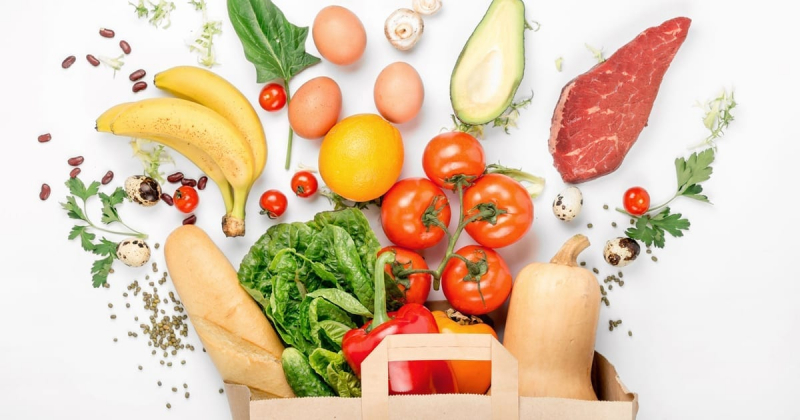
Not getting enough vitamins and minerals from fruit and vegetables 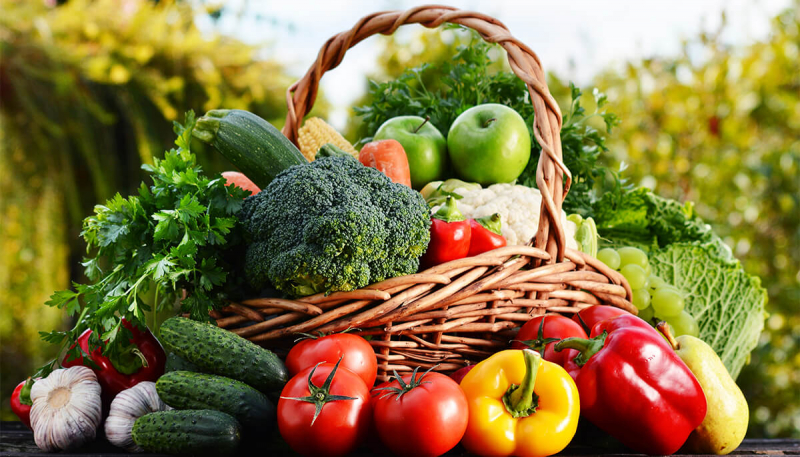
Not getting enough vitamins and minerals from fruit and vegetables -
Due to a process is known as glycogen depletion, you'll definitely quick weight loss and frequent urination when starting a ketogenic diet. You lose more salt in your urine as a result of the way ketosis affects your kidneys. When starting a ketogenic diet, drink lots of water and add salt to your meals to replace what you've lost and avoid the "keto fever."
You can detect how hydrated you are by the color of your urine: the deeper the yellow, the more dehydrated you are. Consult your doctor to determine if you need to increase your sodium intake on a ketogenic diet, and use a potassium-fortified salt to acquire both electrolytes at the same time.
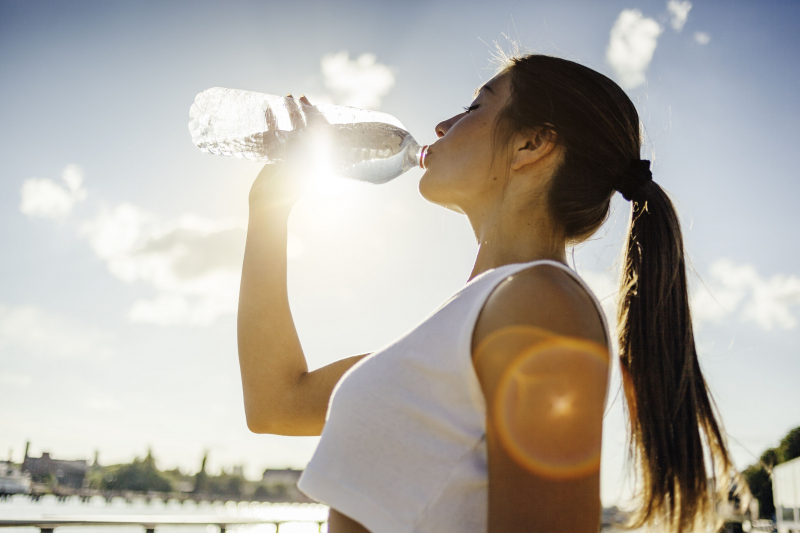
Not getting enough electrolytes and water 
Not getting enough electrolytes and water -
There's nothing wrong with a boxed keto snack or a diet drink occasionally. However, like with any diet, you should make use of nourishment from entire meals wherever possible. Calorie-free natural and artificial sweeteners are commonly included in processed, packaged keto meals, which can irritate your stomach and make your brain crave more. In addition, processed meats like bacon and deli meats in packaged meals have been associated with an elevated risk of cancer.
Although there isn't any evidence that this association holds true for keto dieters, it's generally better not to use your diet as an excuse to binge eat. The ideal replacement for unhealthy keto snacks by healthy keto snacks is worth consideration.
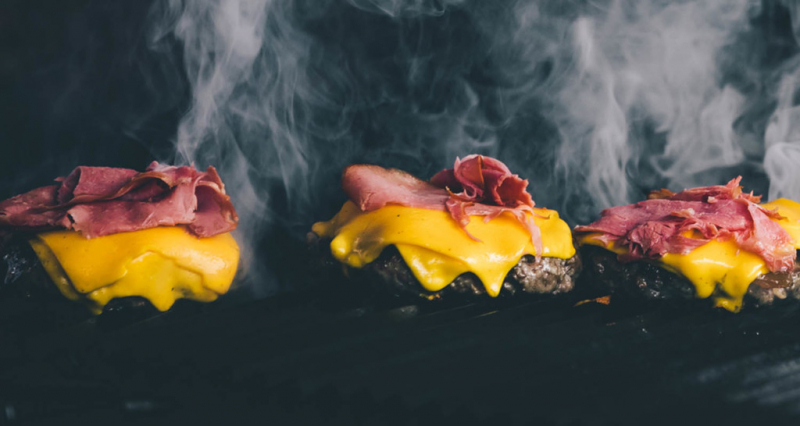
Eating too many processed foods (dirty keto) 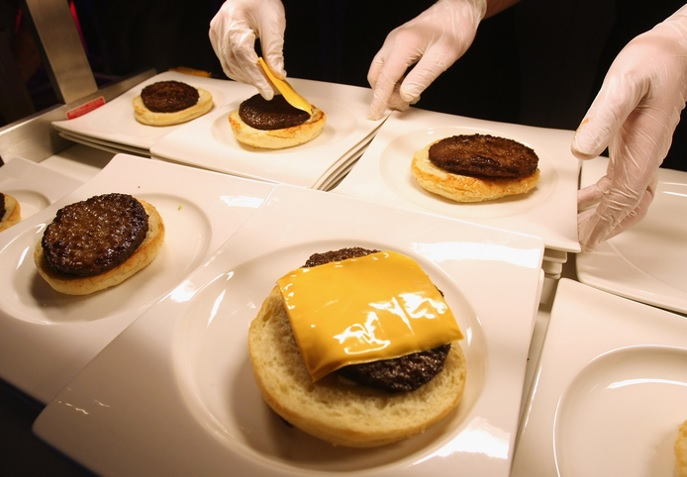
Eating too many processed foods (dirty keto) -
Incorporating more physical activity into your lifestyle is important when trying to lose weight on the keto diet. Besides stimulating fat loss, adopting an exercise routine is beneficial to health in many ways. For example, exercise reduces the risk of chronic diseases such as heart disease, diabetes, depression, anxiety, and obesity. Not only burning calories, but exercise also helps users build muscle, which can help increase the body's metabolism by increasing the amount of energy burned at rest.
While starting an exercise routine can be difficult, especially for those new to bodybuilding, there are ways to make it easier as creating a workout schedule and sticking to it - the best way to reinforce healthy exercise habits; setting a goal three to four days a week and choose a time that feels right to you or staying yourself motivated by keeping a gym bag on hand in the car so that it is convenient to go to practice at any time.

Not getting enough exercise 
Not getting enough exercise -
Being under stress and losing sleep can have a negative impact on weight loss. Because when the body is stressed, it will produce an excess of a hormone called cortisol (stress hormone). High levels of cortisol can stimulate the body to store fat, especially in the abdominal area.
Women under prolonged stress often lack sleep, which has also been linked to weight gain. Because lack of sleep negatively affects hunger, make it increases appetite. Fortunately, there are so many methods to reduce the stress that you can try, like exercise, one advantage of exercise is that it can help reduce cortisol and other stress chemicals while also increasing mood.

Not managing your stress 
Not managing your stress -
People have a variety of reasons for not telling their doctor the complete truth, but one of them should not be going on a ketogenic diet. Ketogenic diets may be promoted as a magical weight-loss or metabolic-health-improving diet, but the fact is that they only work for around half of the population. Ketogenic diets can boost LDL ("bad") cholesterol in certain persons. Going keto might also put you at risk for kidney stones, especially if you have a family history of them.
Going low carb might be risky if you have genetic changes that produce carnitine enzyme shortages, mitochondrial problems, or porphyria. Always consult a certified healthcare professional before making any dietary or lifestyle changes. With their assistance, you may be able to make changes to your ketogenic diet to ensure you're not making costly blunders.

Not telling your doctor 
Not telling your doctor












